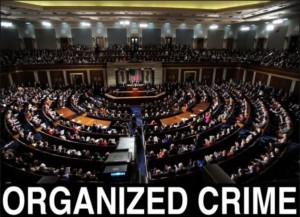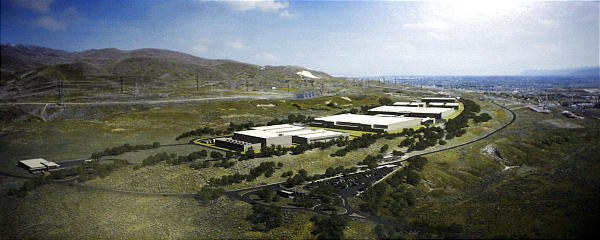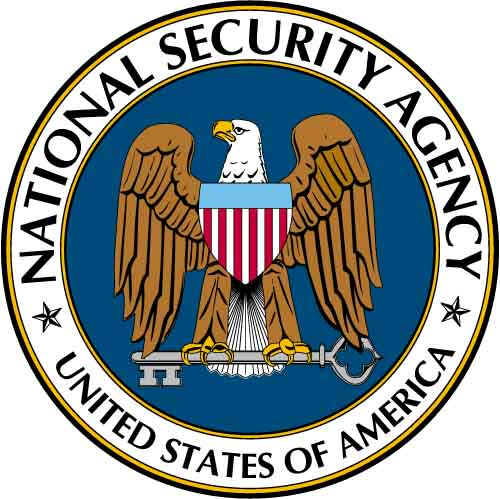– Meet CISA – Dianne Feinstein’s Latest Attack on Privacy, Civil Liberties and the Internet (Liberty, Blitzkrieg, July 15, 2014):
There’s not much good you can count on Congress to accomplish, but when it comes to introducing and passing oligarch protecting, civil liberties destroying legislation, our “representatives” are absolutely relentless in their determination. Unsurprisingly, the only “distinctly native American criminal class,” as Mark Twain described Congress, is at it again when it comes to institutionalizing spying and attempting a legal run around the Bill of Rights.
One thing that has become crystal clear since the Edward Snowden revelations, is that much of Congress has no problem at all with unconstitutional spying. Rather, they are primarily upset it was exposed and are dead set on making sure no other whistleblower can ever do the same. Enter CISA, or The Cybersecurity Information Sharing Act.
I’ve spent much of today reading about the bill, and have compiled what I think are the most astute observations. First, from the ACLU:
Read moreMeet CISA – Dianne Feinstein’s Latest Attack On Privacy, Civil Liberties And The Internet






